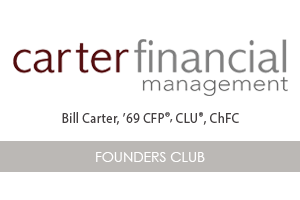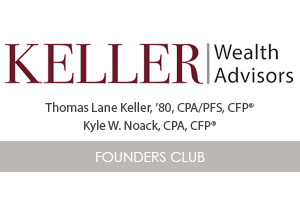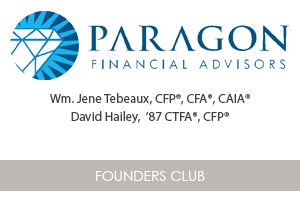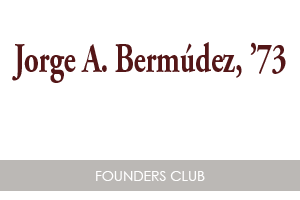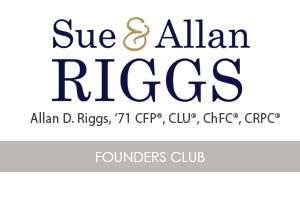The interview component of the hiring process can be one of the most nerve wracking tasks a person has to tackle in their professional life. Whether you are applying for an internship or a full-time position, there are many things to consider before you ever step foot into the interview room.
Pre-Interview Prep
It is important to organize your thoughts and outline some general answers beforehand to save yourself from fumbling with your words. This does not mean creating an exact script as this will cause you to sound over-rehearsed and robotic. Keep in mind an interview should be a fluid conversation.
- Take some time beforehand to evaluate what you have actually learned from your various in class assignments, and try and apply those to real-life scenarios in the workplace. It is okay to use academics as a source of experience for an internship.
- Think about some common interview questions such as describing yourself, your strengths and weaknesses and why you chose this particular profession. You can almost always expect to field at least one of these questions. Plan out a response so you do not end up on an unrelated tangent.
- Research the company and have a basic understanding of their culture and values. If this information is not available in detail, these are great questions to ask at the conclusion of the interview. In the financial planning industry, two great sources to utilize are BrokerCheck and Investment Adviser Public Disclosure.
- Be prepared to field questions regarding your activities outside the office. This is your ticket to distinguishing yourself from the countless other applicants with the same education, experience and qualifications.
- Establish your personal narrative and find what sets you apart from everyone else. Defining experiences or characteristics and even unique hobbies can all be topics of conversation
Résumé
A professional résumé is crucial. Your résumé will usually be sent in with the initial application but you should ALWAYS bring multiple hard copies for the interviewers to refer to. Never assume the interviewer has read your résumé prior to the interview. It is best to store the copies in a notebook or portfolio to make sure they are free of wrinkles and stains. A basic portfolio can be purchased at most office supply stores, some for less than $20. Check out the following links for some options:
- Buxton Writing Portfolio
- Natico Originals Organizing Portfolio
- Wenger Vinyl Zip-folio
- Nylon Covered Zippered Pad folio
Formulating Responses
Remember, it is always better to pause some before you answer than to use filler words such as “uh”, “uhm”, or “like”. In order to organize your response, consider using the STAR method which is taking a Situation or Task, describing the Action you took and the Result of the action.
Do not try to weave your answers to fit what you think interviewers want to hear. It is important that you portray your true self in the interview. Even though the interview process is a formal business transaction, try to keep the conversation fluid and engaging.
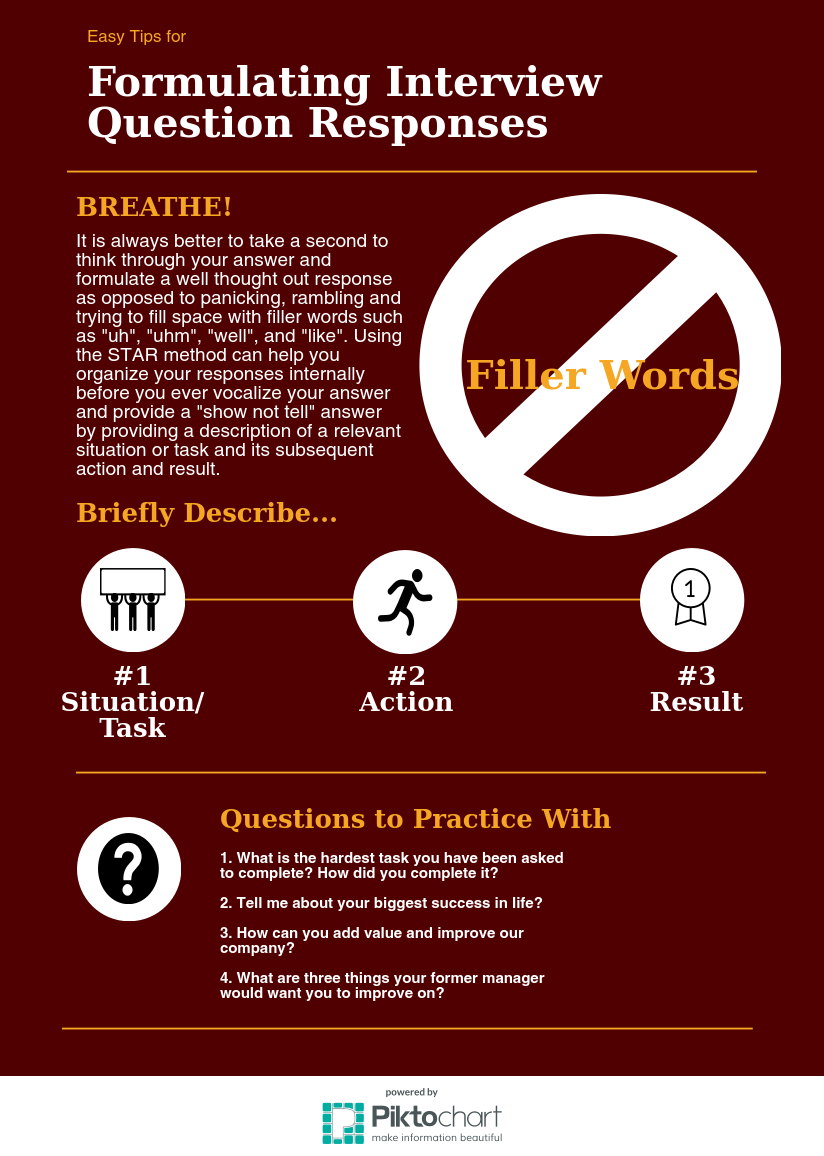
Wrap-Up
If the interviewer asks if you have any questions for them, do not let this opportunity pass. Use this time to ask any questions you may have at the conclusion of the interview. It is important that you clarify the next steps in the hiring process and the expected timeline; you do not want to leave the room without knowing what to expect and the general timeline of the hiring process. Some questions to consider asking:
- Where do you see this company going in the next 5 years?
- What does the company stand to gain from hiring me?
- What made you decide to work for this company?
- How long have you been with the company?
- How do you feel like you have grown as a professional during your time at the company?
In Conclusion
The best way to practice interviewing is to simply talk to industry professionals any chance you get. Go to career fairs and talk with companies that interest you, chat with your professors, and introduce yourself to class guest speakers. If your interview is fast approaching, you can record yourself answering sample interview questions using your smartphone. Playback your recording and listen for filler words and identify areas that are unclear or weak.
Keep in mind that every interaction you have with potential employers should be treated as a formal business transaction. Avoid becoming too casual and practicing nervous habits and poor posture. The interview is oftentimes the make or break in the hiring process. With practice and the right mindset going into it, the skill of the perfect interview is an easy one to ace.

